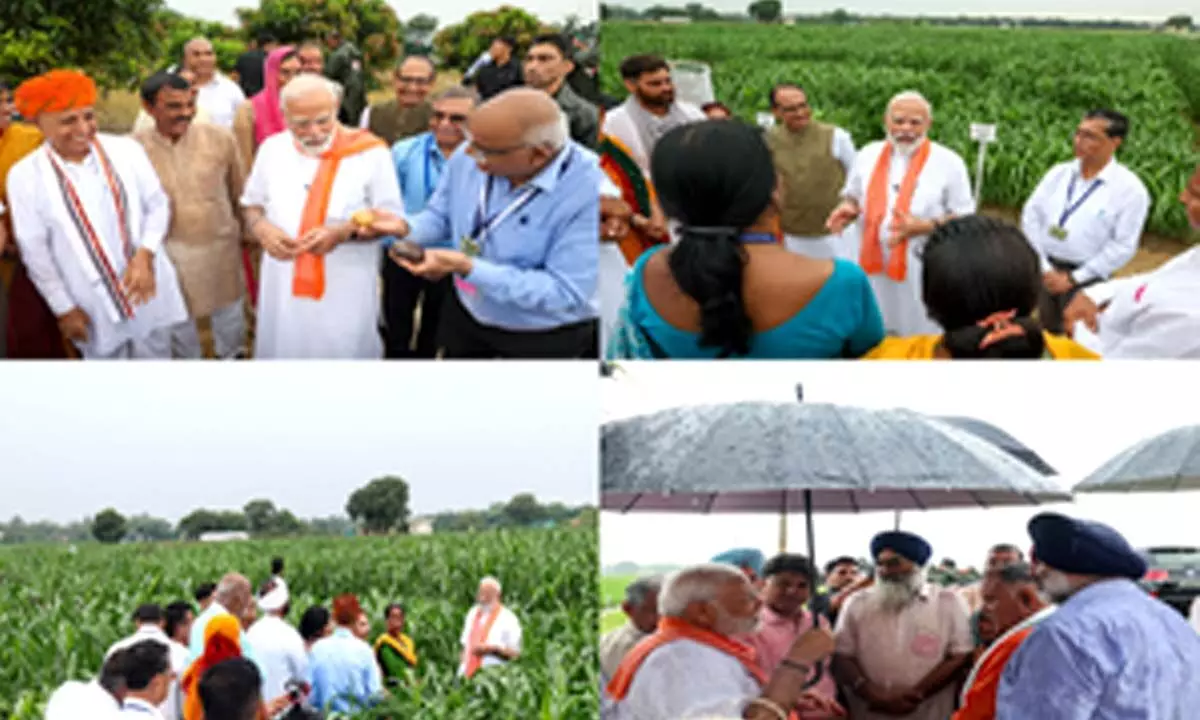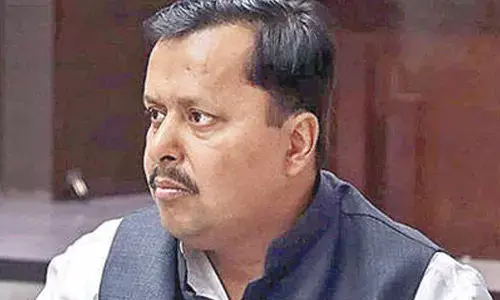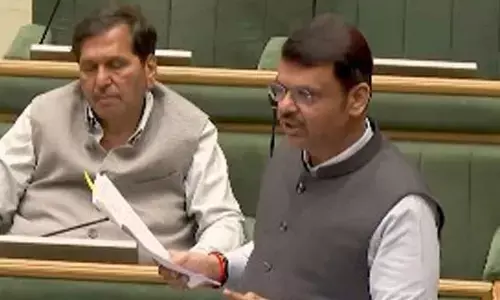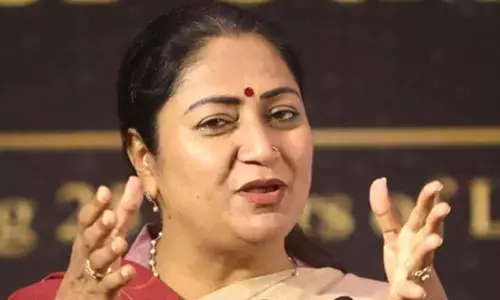PM Modi releases 109 high-yielding, climate-resilient varieties of crops
Share :

Prime Minister Narendra Modi on Sunday released 109 high-yielding, climate-resilient, and biofortified varieties of crops at the India Agricultural Research Institute in New Delhi.
New Delhi: Prime Minister Narendra Modi on Sunday released 109 high-yielding, climate-resilient, and biofortified varieties of crops at the India Agricultural Research Institute in New Delhi.
The 109 varieties of 61 crops included 34 field crops and 27 horticultural crops, according to a PM office statement.
Among the field crops, seeds of various kinds of cereal including millets, forage crops, oilseeds, pulses, sugarcane, cotton, fibre, and other potential crops were released.
Different varieties of fruits, vegetables, plantations, tubers, spices, flowers, and medicinal crops include horticultural crops, the PMO said.
The Prime Minister also interacted with the farmers and scientists on the occasion.
While farmers noted that the new varieties will be highly beneficial as they will help reduce their expenditure and also have a positive impact on the environment, the scientists informed that they have been working in line with the suggestion given by the Prime Minister to bring unutilised crops into the mainstream, the PMO said.
The farmers also appreciated the efforts undertaken by the government to promote natural farming and also lauded the role played by Krishi Vigyan Kendras (KVK) in creating awareness.
The “KVKs should proactively inform farmers about the benefits of the new varieties being developed every month to enhance awareness about their benefits,” the PM said.
Stressing the significance of value addition in agriculture, PM Modi also discussed the importance of millets and underlined how people are moving towards nutritious food.
“People have started consuming and demanding organic foods,” the PM said.
Further, to make India free of malnutrition, the Prime Minister suggested promoting the biofortified varieties of crops by linking them with several government programmes like Mid-Day Meal, Anganwadi, etc.
Besides ensuring good income for the farmers, this will also open new avenues of entrepreneurship for them, he said.
“India has emerged as a food surplus country with a robust agriculture sector,” PM Modi said on Saturday. He added that the country was ready to share its experience to help solve the global problem of hunger and malnutrition amid the challenge posed by climate change.
“India has developed as many as 1,900 new climate-resilient varieties of seeds for various crops to benefit the country’s farmers which included a rice variety that requires 25 per cent less water,” said the PM, at the 75-nation 32nd International Conference of Agricultural Economists (ICAE) held in New Delhi, last week.
He further stated India had also developed a basket of “superfoods” such as black rice and millets, which it was ready to share with the world, especially to benefit the Global South.
Grown in the North-east states such as Manipur and Assam, the black rice has medicinal value which could also fetch good returns to benefit farmers, the PM explained.
Similarly, India has emerged as the largest producer of millets, which are considered superfoods. It is being grown on the “minimum water and maximum production” principle which will help to solve the problem of global malnutrition.
The potential of millets was highlighted with the UN celebrating 2023 as the ‘Year of the Millet’, he pointed out.












